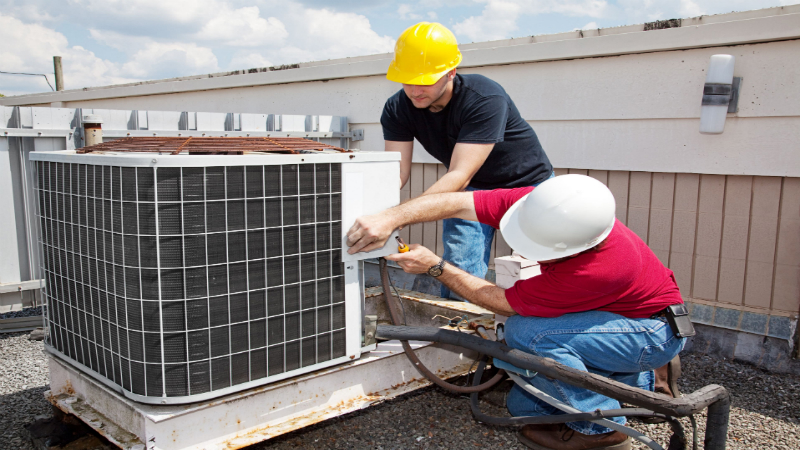If you are a contractor, builder, engineer, architect, property owner, or HVAC installation company, you often have the need to locate a high-quality heating, ventilation, and air conditioning (HVAC) system that is priced within your budget. The first step in finding the right HVAC system for your home or business is the load calculation. Quite simply, these are calculations used to make sure your new unit is neither too large nor too small. It is a procedure that uses various factors in order to determine your own specific cooling and heating needs.
What are Load Calculations?
HVAC load calculations take into consideration numerous factors, such as the square footage of your home or office, the insulation of the space, how many people will be living in the space, the number of windows included, the number of heat-producing appliances in the space, and the direction that the facility faces. Other factors include climate and humidity. All of these factors combine to determine the correct size and type of HVAC unit needed in your facility.
Proper load calculations help you avoid purchasing a unit that is too small, which means it will inadequately heat or cool your home or office; or a unit that is too large, which can cause uneven interior temperature levels. Finding the properly sized unit, therefore, depends largely on conducting the right load calculations. Another advantage of proper HVAC load calculations is that it can lead to energy savings, since it assures that you have purchased an HVAC system that is appropriately sized for your home or officea��s space. In short, not using load calculations can cause a variety of problems that are easily eliminated by conducting the proper calculations beforehand.
Basics of Load Calculations
Load calculations can be performed for units in both commercial and residential locations, and more often than not, people rely on professionals for this service. Using a professional for load calculations makes sense, because it ensures you will end up with the appropriate results. This means your unit will work properly and efficiently. Performing the calculations yourself increases the odds you will miss something or calculate something incorrectly, which greatly increases your chance of purchasing a unit that will not work the way it should.
In short, HVAC load calculations are essential when adding an HVAC system and it is of the utmost importance that they are done by a professional. Do not try to do this yourself. Hiring a professional is cost-effective, particularly when you consider all the things that could go wrong if you try and do it yourself. Doing it yourself, although cheaper, increases the odds that you will spend even more money later on.








